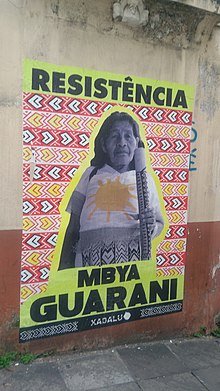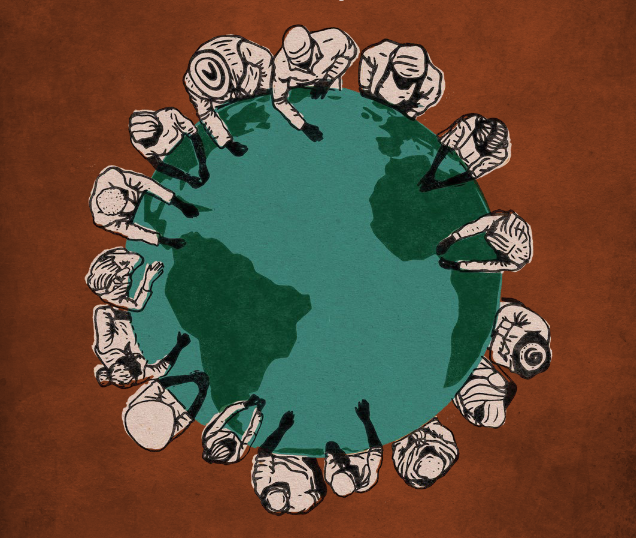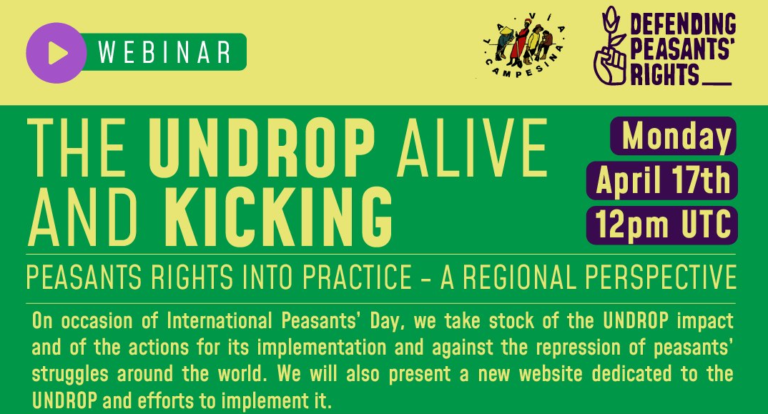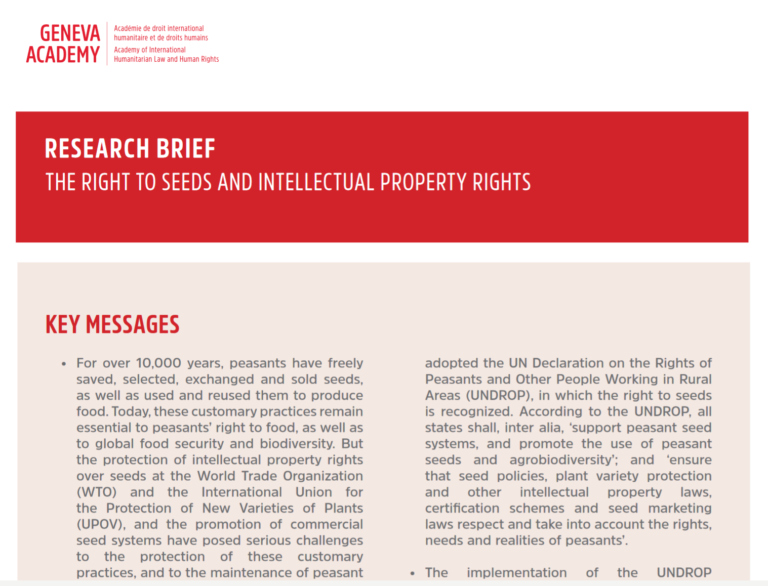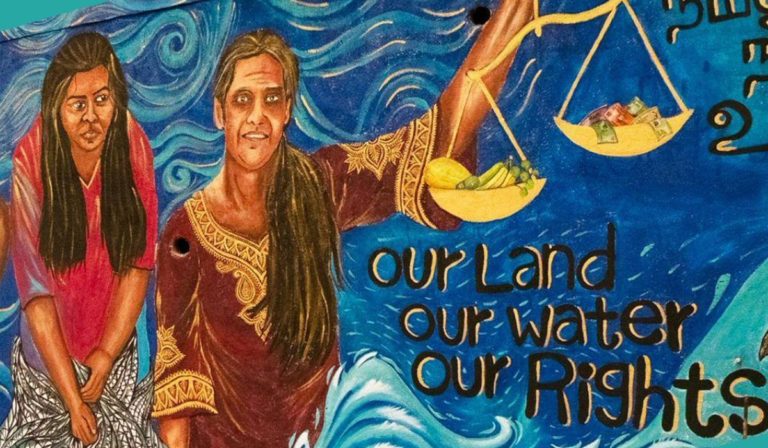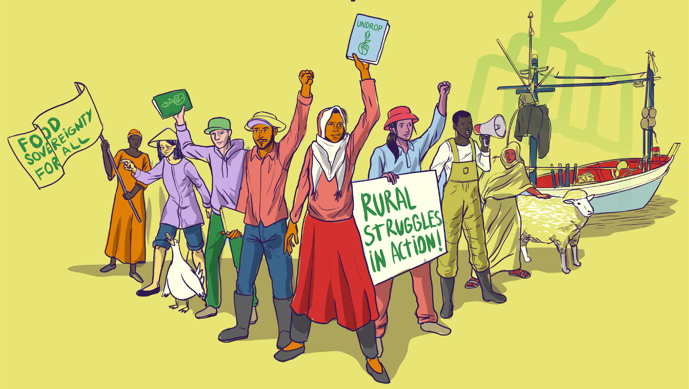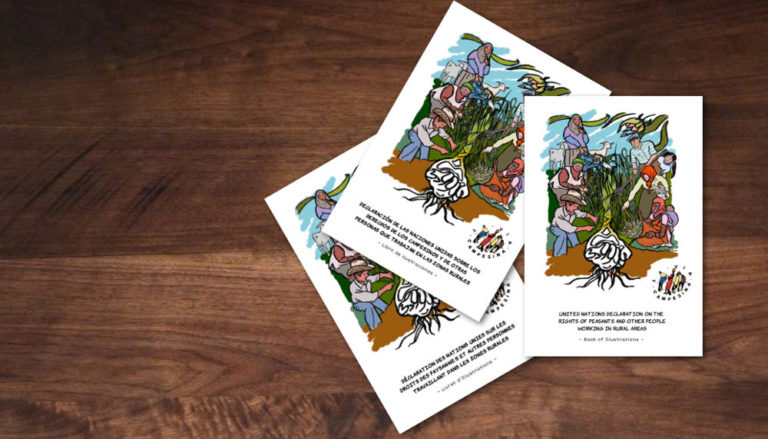Common Struggles, Different Roots: Indigenous and Landless People’s Food Sovereignties in Southern Brazil
Thesis to obtain the Master in International and Development Studies of the Graduate Institute in International and Development Studies in Geneva
Abstract
Focusing on the Guarani Mbyá and the Landless Workers’ Movement (MST) in Santa Catarina, this thesis explores the similarities and differences between indigenous and landless food sovereignty. It shows how their narratives are intertwined and how their unique legal and cultural positionalities shape their food practices. Brazil’s high land concentration and dominant agri-food practices put pressure on both groups. This pressure generates similar food sovereignty practices to preserve their food systems while promoting favorable public policies. Uniquely, the MST, as part of the settler society, sees agrarian reform and food practices as a means to change the Brazilian land and food system. Instead, for the Guarani Mbyá, food practices are an integral part of their culture and a way to preserve their self-determination. The Guarani case illustrates the complex, non-linear relationship between mental health and access to traditional food production and consumption, both within their territories and in public spaces.
